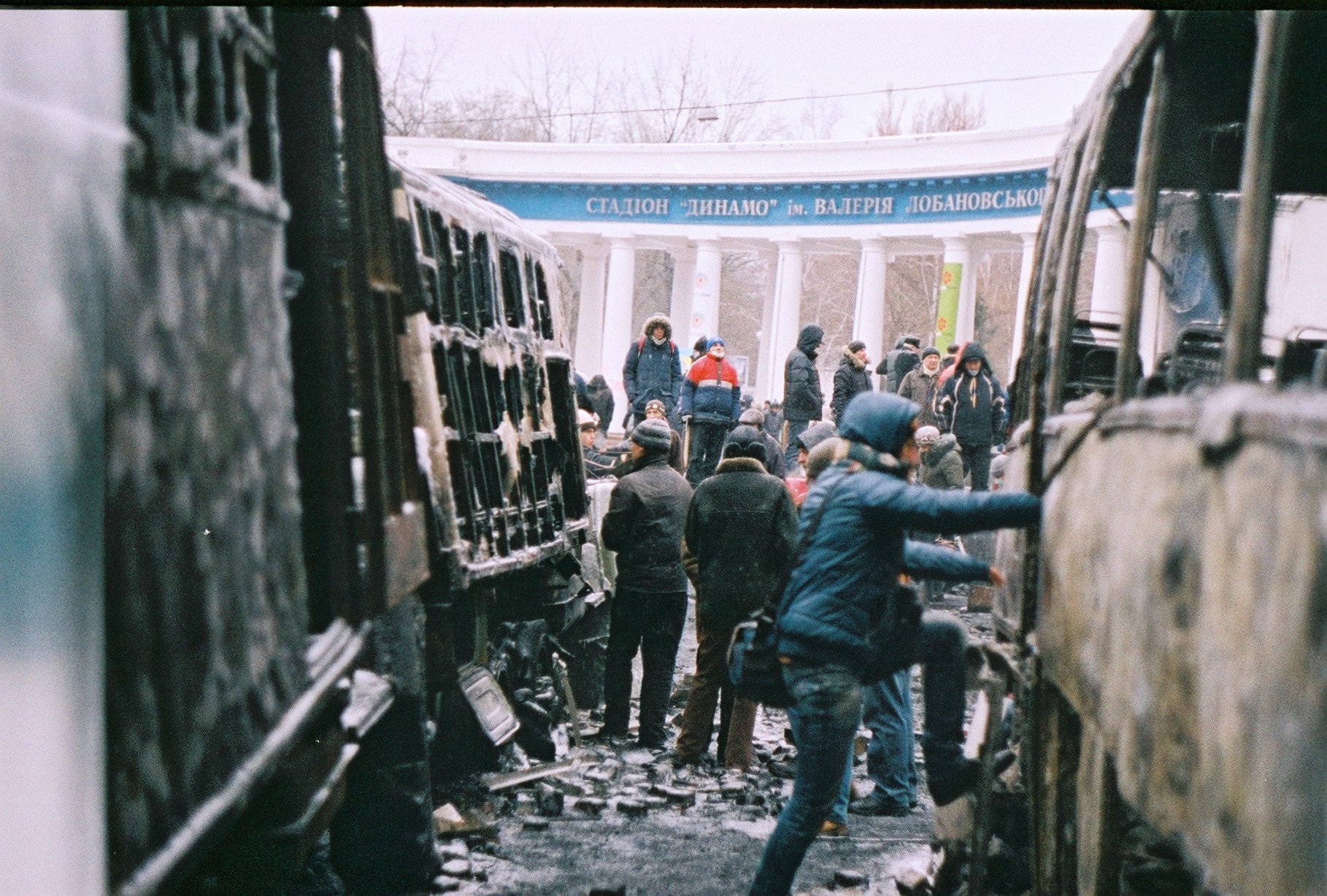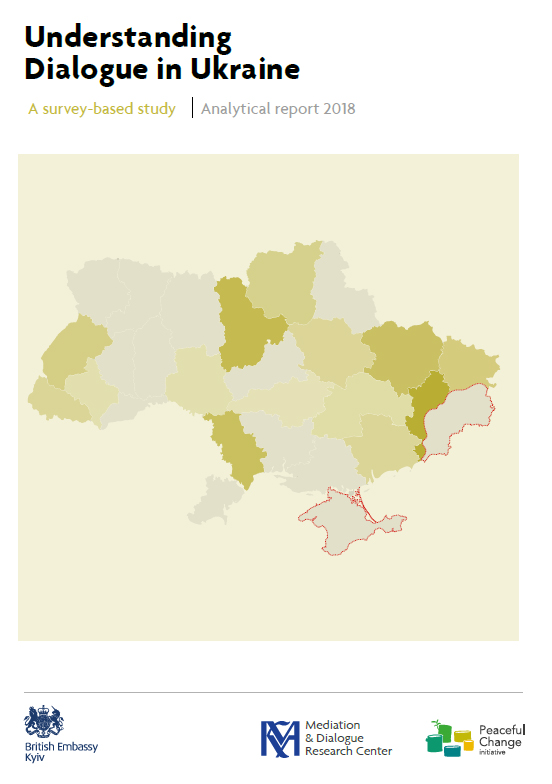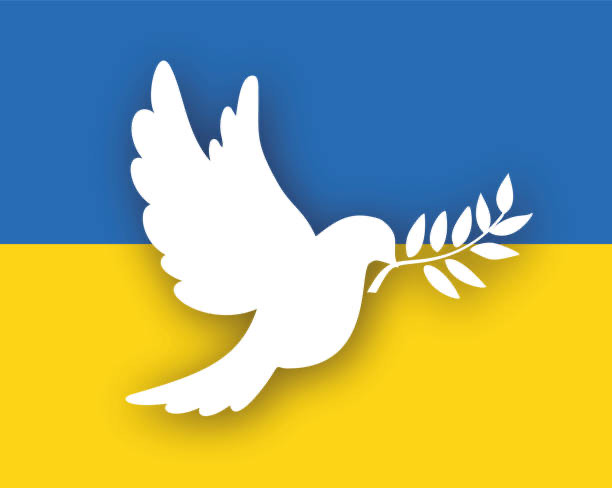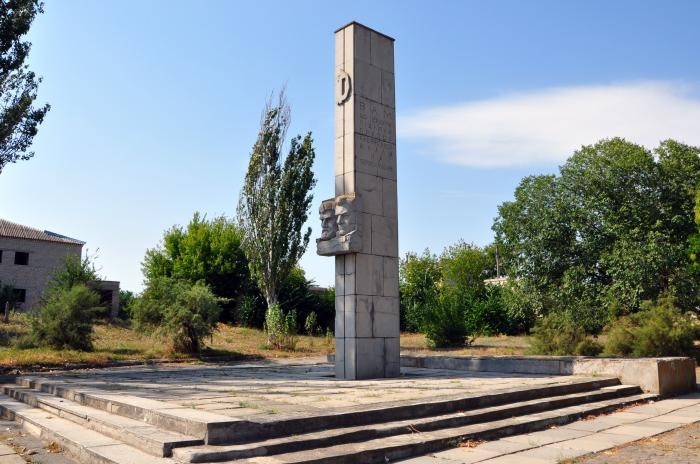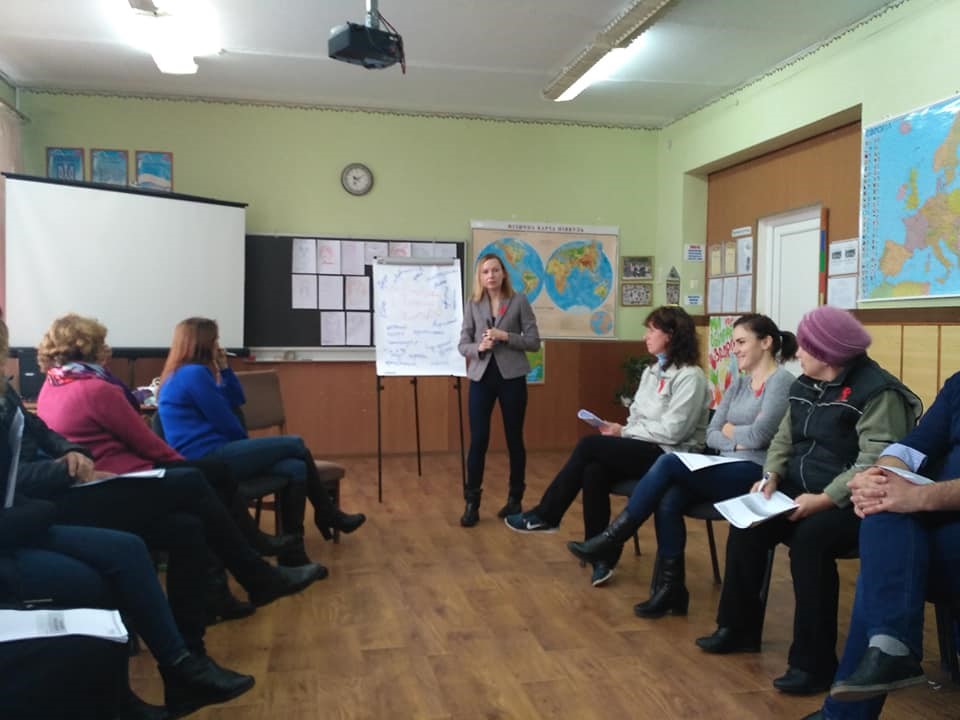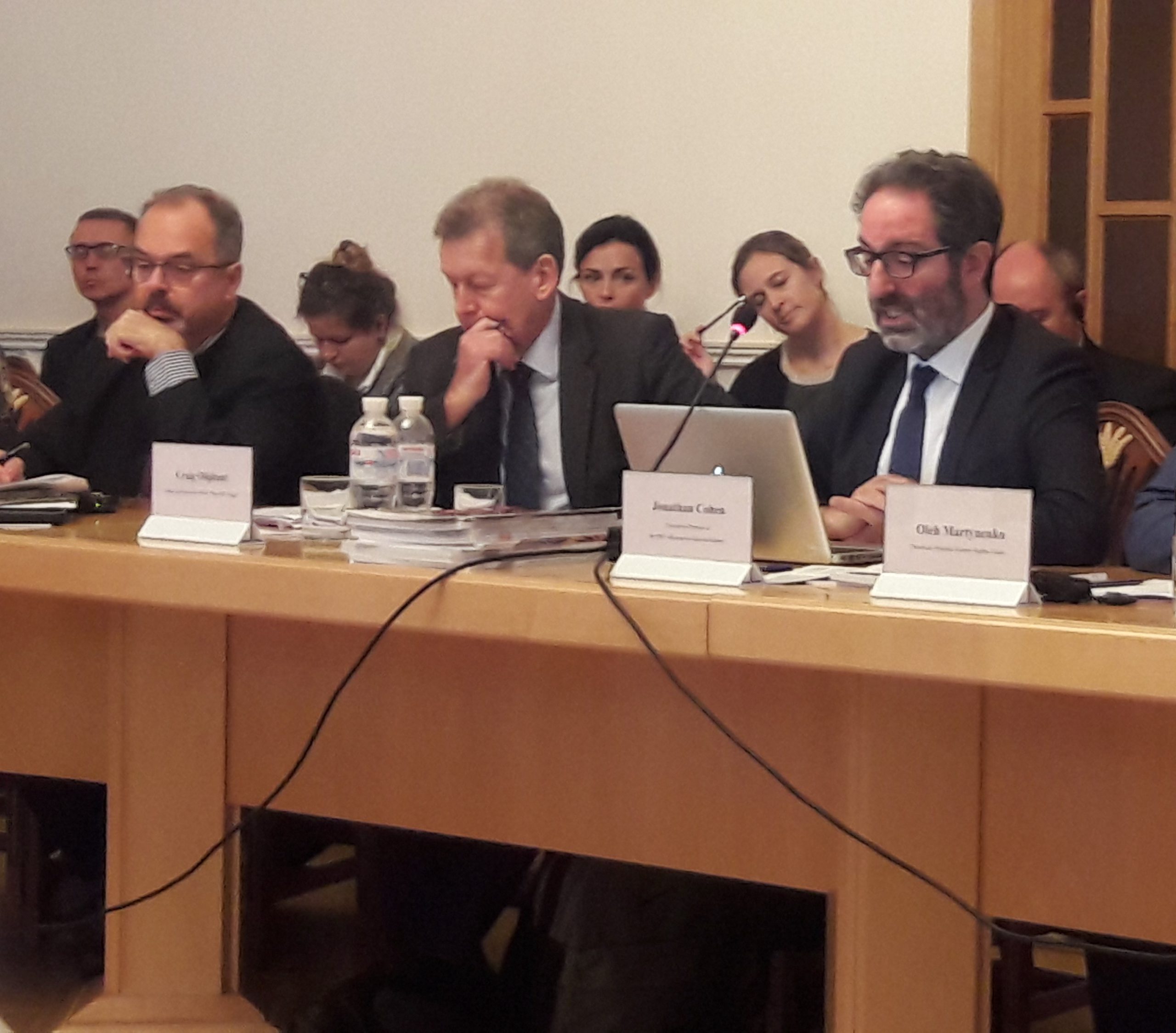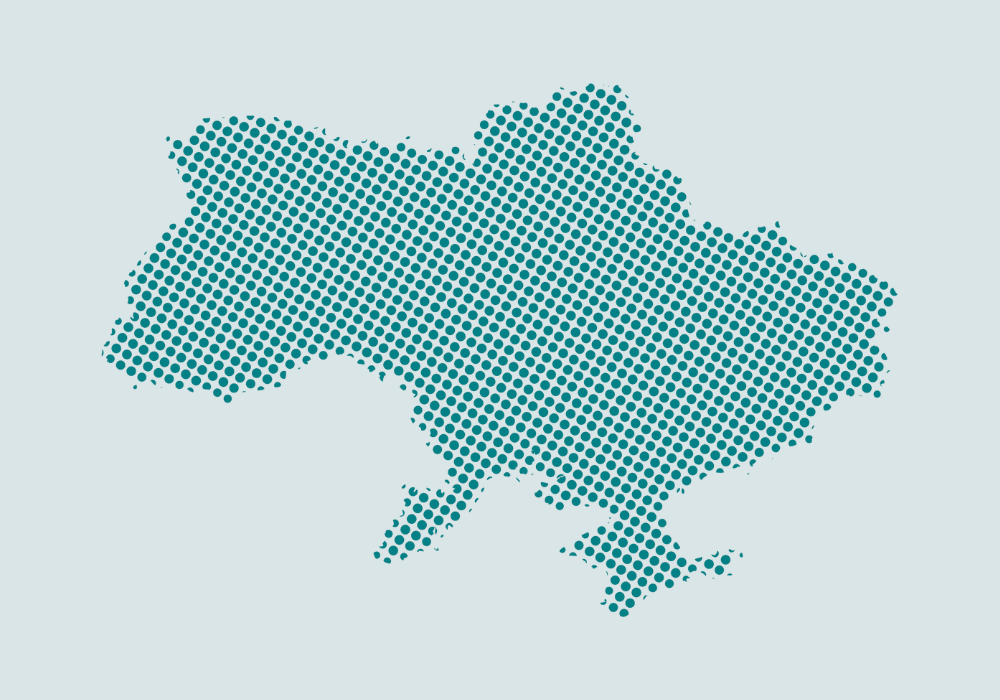
Ukrainian civil society call for broader solidarity across international NGOs to work for a dignified and just peace in Ukraine.
PCi supports the calls put forward in the recent joint statement by Ukrainian civil society, among the signatories of which are our partners whom we have seen work tirelessly to build understanding across divisions at least since 2014. We support the call for approaches to international peace work that, in the words of the statement, “bring a new imagination and new approach”.
Acknowledging the unprecedented nature of the conflict that was unleashed on 24th February 2022, we support the call to maintain solidarity across peace movements. As committed peacebuilders, we do not take this lightly. While looking to end war our community must not lose sight of the principles of dignity and justice that are the essential components of a sustainable peace.
The civic organisations in Ukraine, including a wide range of peacebuilders, mediators and dialogue facilitators, have formulated a set of positions they urge peace movements in countries supporting Ukraine to process and internalise when calling for their governments to end the war by ending the provision of military support. The statement emphasises that:
- Ukrainian voices should play a central role in organised actions for peace in Ukraine, following the principle ‘nothing about me, without me’.
- Calling for an end to armed resistance is a call to surrender, that it is not a path to peace by peaceful means, as demonstrated by the treatment of persons in occupied Ukrainian territories or of dissenting voices in Russia itself.
- Ukrainian civic organisations are asking for adherence to the UN Charter and to human rights law, and that any compromise of these principles would set a dangerous precedent for other revisionist powers and therefore to global peace more broadly.
- Framing the conflict as a proxy war is an offensive narrative that denies Ukrainians their own agency and choice to follow a democratic future.
The statement is important and acknowledges the cost being borne across many countries and appreciates the sacrifices being made to support Ukraine in its resistance to aggression and occupation.

